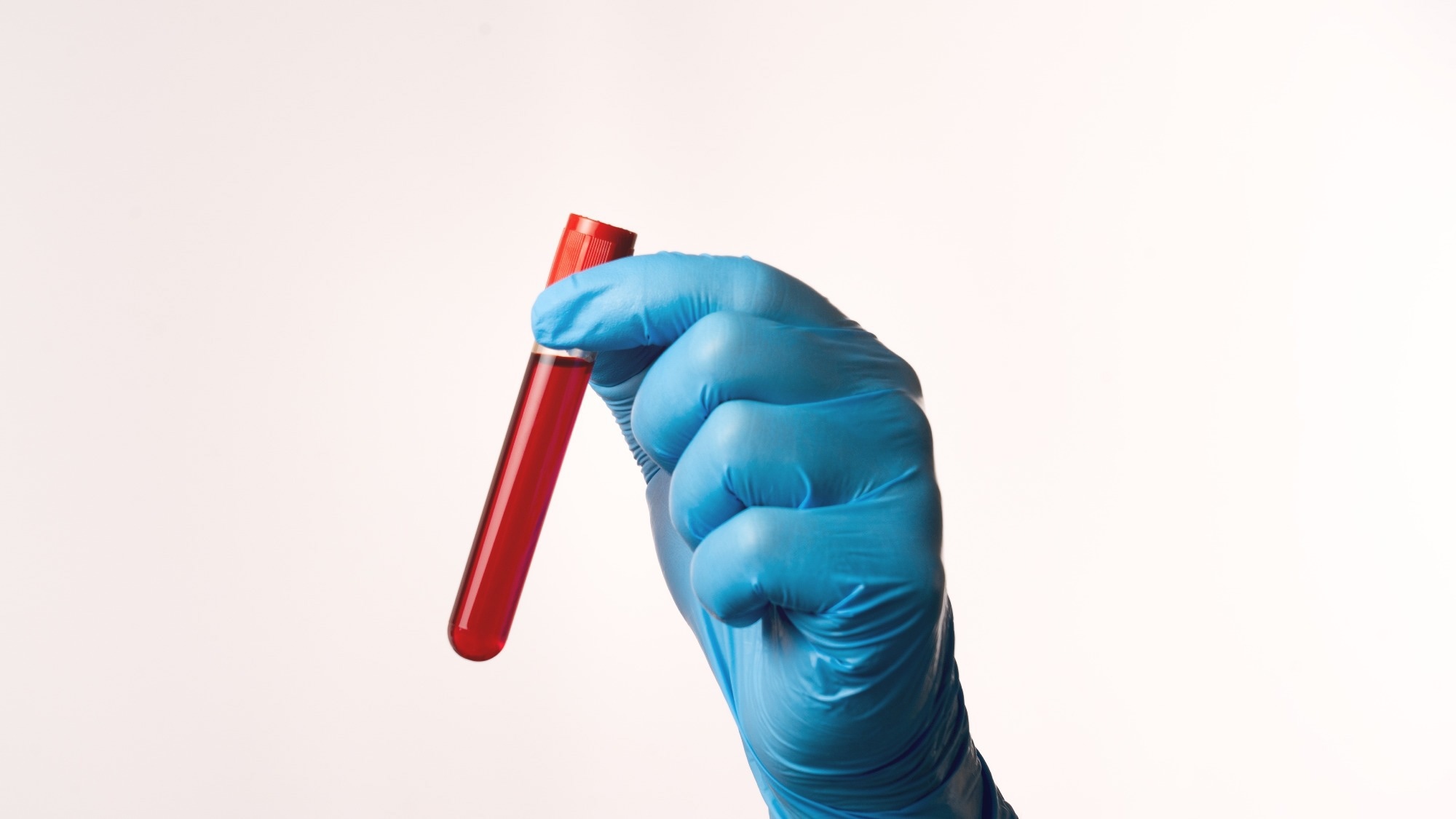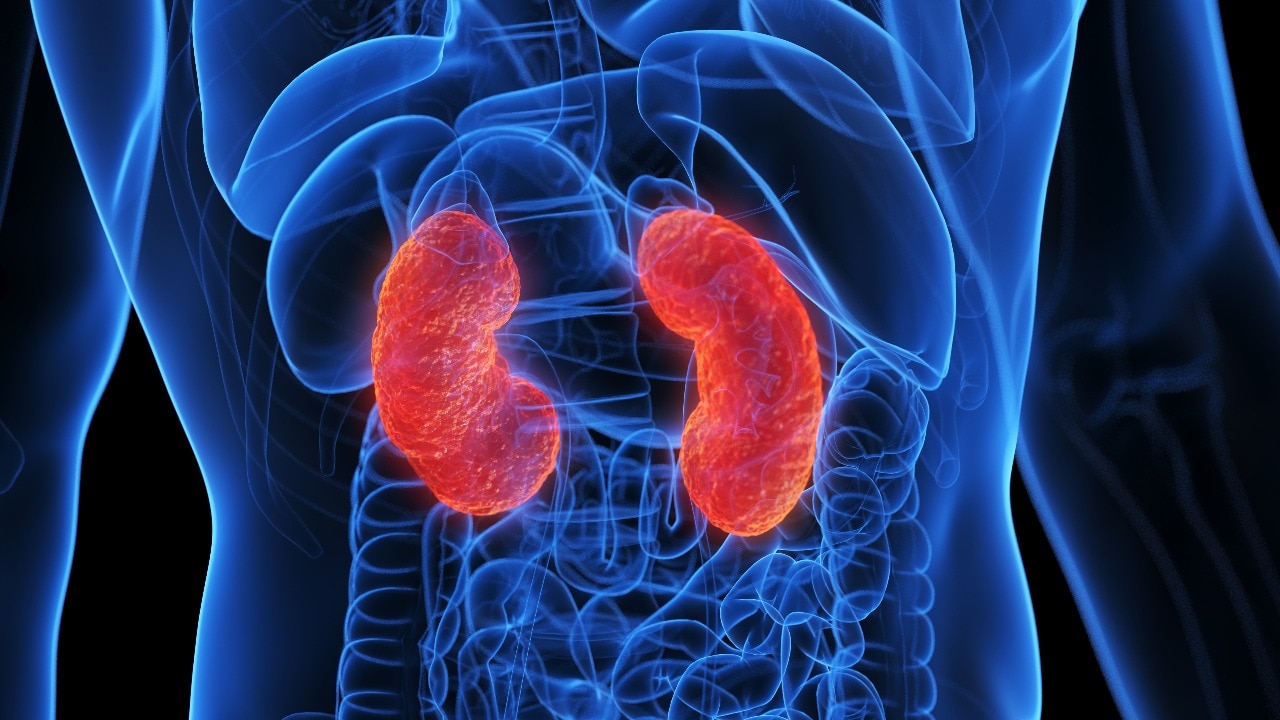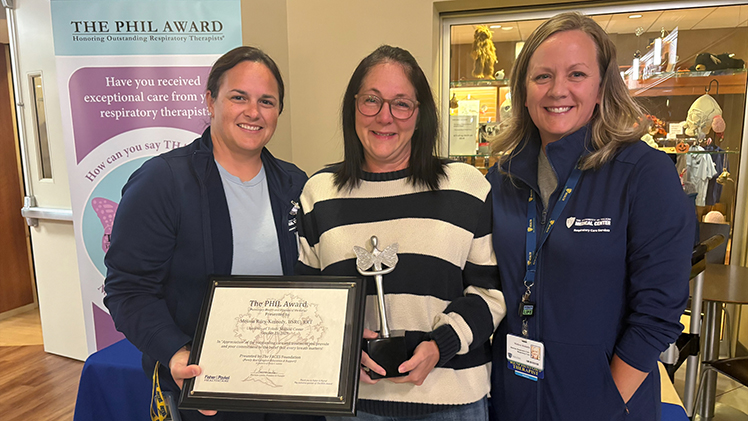New Portable Device Can Assess an Infant’s Immune System Using a Single Drop of Blood

Device provides physicians with quick insights into infant’s immune system capabilities without requiring clinical laboratory testing
International researchers have developed a revolutionary tool that rapidly assesses an infant’s immune system using a single drop of blood. The novel device provides healthcare professionals with real-time insights about a newborn’s immune response in less than 15 minutes.
Scientists from the Singapore-MIT Alliance for Research and Technology (SMART) in collaboration with colleagues from KK Women’s and Children’s Hospital (KKH) in Singapore created the Biophysical Immune Profiling for Infants (BLIPI) portable device to help alleviate potentially life-threatening illnesses in newborns. The device only uses 0.05 ml of blood.
The work was led by researchers from the Critical Analytics for Manufacturing Personalized Medicine (CAMP) and Antimicrobial Resistance (AMR) interdisciplinary research groups within SMART. SMART is a major research collaboration between the Massachusetts Institute of Technology (MIT) and the National Research Foundation of Singapore.
“BLIPI represents a major step forward by providing clinicians with fast, actionable immune health data using a noninvasive method, where it can make a real difference for newborns in critical care,” said Kerwin Kwek Zeming, PhD, research scientist at SMART CAMP and SMART AMR, and co-lead author of the study, in an MIT news release.
The researchers published their paper, “Whole Blood Biophysical Immune Profiling of Newborn Infants Correlates with Immune Responses” in Pediatric Research.

“Our goal was to create a diagnostic tool that works within the unique constraints of neonatal care—minimal blood volume, rapid turnaround, and high sensitivity,” said Kerwin Kwek Zeming, PhD, research scientist at SMART CAMP and SMART AMR, and co-lead author of the MIT study, in the news release. (Photo copyright: MIT.)
Bridging Gap between Science and Healthcare
To perform their study, the team used BLIPI to screen 19 infants—eight full-term and 11 preterm—and compared the differences in immune cells between the infants. The device uses microfluidic technology to measure immune cell characteristics, such as size and flexibility, to expose how the immune system is responding to changes within the cells. Traditional tests look only for the presence of germs, but BLIPI also looks at results such as C-reactive protein levels, white blood cell counts, and immature-to-total neutrophil ratios, to determine if an infant is fighting an infection.
“BLIPI exemplifies our vision to bridge the gap between scientific innovation and clinical need. By leveraging microfluidic technologies to extract real-time immune insights from whole blood, we are not only accelerating diagnostics but also redefining how we monitor immune health in fragile populations,” said Jongyoon Han, PhD, professor of electrical engineering and biological engineering at MIT and coauthor of the paper, in the news release. “Our work reflects a new paradigm in point-of-care diagnostics: rapid, precise, and patient-centric.”
Saving Infant Lives
BLIPI only needs one tiny drop of blood, which equals 1/20 of the blood volume typical lab tests require. The onsite tool removes the need for sending blood samples to clinical labs, which may enable clinicians to make earlier decisions regarding treatment options for critical situations like sepsis or necrotizing enterocolitis.
“KKH cares for about two-thirds of all babies born weighing less than 1,500 grams (52.91 ounces or 3.31 pounds) in Singapore. These premature babies often struggle to fight infections with their immature immune systems. With BLIPI, a single prick to the baby’s finger or heel can give us rapid insights into the infant’s immune response within minutes. This allows us to tailor treatments more precisely and respond faster to give these fragile babies the best chance at a healthy start not just in their early days, but throughout their lives,” said Yeo Kee Thai, MD, senior consultant in the department of neonatology at KKH, and senior author of the study, in the news release.
BLIPI also could be extremely beneficial to healthcare settings in remote areas or with limited resources.
Further research and clinical trials are needed to validate the diagnostic accuracy of BLIPI. In addition, the researchers plan to improve the design to render it usable for widespread distribution. They also hope BLIPI will someday be used by pharmaceutical companies and medical researchers to evaluate immune responses to neonatal therapies in real time.
—JP Schlingman
link







